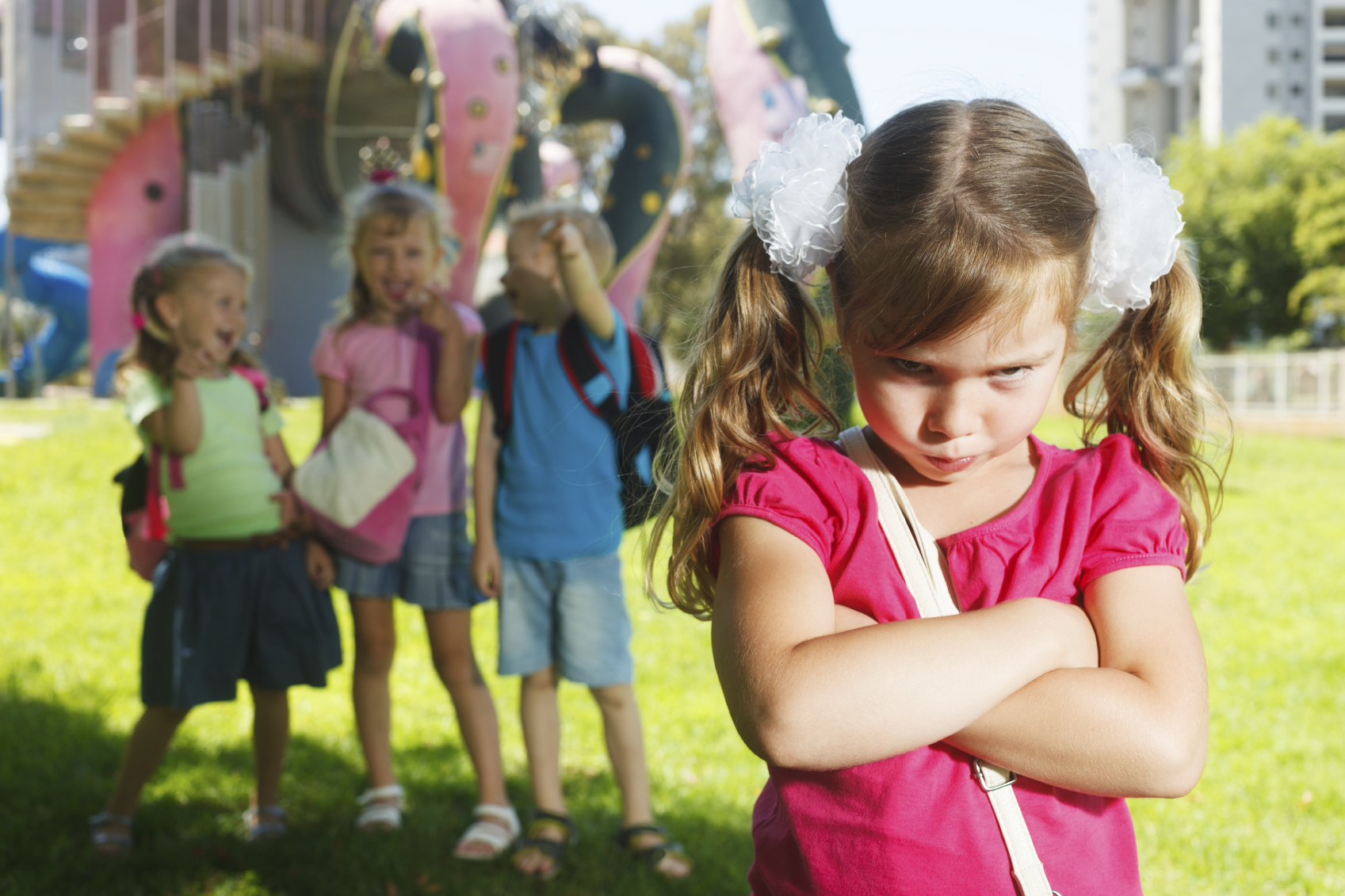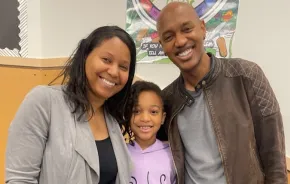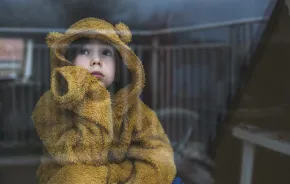

Q: What do you do if you don’t like your 5-year-old’s friends, like she’s associating with potential mean girls?
A: Though they might like to, parents can’t dictate their children’s choices of friends after early childhood because they are based on individual temperaments, tastes, attractions and sensibilities. Kids this age are just beginning to choose their friends. My rule of thumb is we try not to dictate choices, but we should be observing their socializing if we have concerns.
First, though, remember that all children want power! Socially, the developmental goal of this age is to be recognized, special, included, accepted and secure in a peer group. In their very messy management — they are kids! — they use positive and negative methods. Even at age 5, girls demonstrate gender differences in how they wield social power. Often they don’t use physical strong-arming to establish rank; instead, they use indirect aggression: rumors, gossip, teasing, etc. When we understand norms, we can avoid demonizing what’s typical and nudge children toward empathy, kindness and inclusion.
Parents often know what is good for their kids, and they should follow their instincts. If we have concrete information that the choice of a particular friend is destructive to our child, we take steps to ban it. What’s destructive? If your child is repeatedly humiliated, intentionally physically hurt or appearing to suffer, have the two children take a break or at least assess the situation closely.
Still, the territory of friendship includes rejection, cruelty and disappointment, and children learn important lessons from social difficulties. As long as social bruises are not extreme or overwhelming, they can build competencies, especially with you as a guide and supporter (rather than a rescuer or judge). Keep in mind that we all have friendship histories that may make us less or more accepting of the messiness of social relations. The goal is to support a child’s optimal social and emotional learning. Don’t underestimate the positive influences and built-in rewards of peers: belonging, recognition and acceptance.
Fears abound about negative peer influence as parents become nervous about losing control. The hurly-burly social world outside a parent’s direct influence understandably triggers anxiety, and mama- and papa-bear instincts. Children can be mean, it’s true. But more often, they teach each other about loyalty, trust, respect, kindness, empathy, respect for differences and cooperation. Like all humans, friends are flawed creatures while also being a source of wonderful influences.











